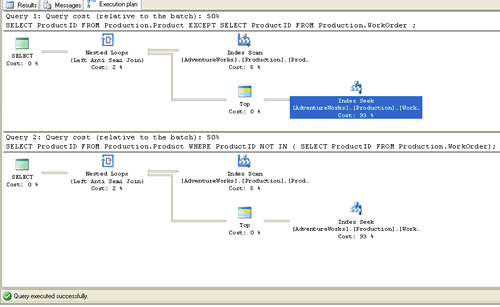Earlier this week, I had the opportunity to take many different interviews. Most of the DBA and Developers update their resume with various versions of the SQL Server. It seems like everybody had written SQL Server 2005 as one of their expertise. At this point of time, I remembered keyword EXCEPT which was introduced in SQL Server 2005 but not many people know about it. After interviewing, I realized that even after 11 years of release of SQL Server 2005 still most of the people do not know about EXCEPT keyword.
Interview Question of the Week #059 – What are the Limitations of User Defined Functions (UDF) ?
Interview Question of the Week – What are the Limitations of User Defined Functions (UDF) ? Let us learn about that in today’s blog post.
Interview Question of the Week #058 – What is the Difference Among DECIMAL, FLOAT and NUMERIC Datatype?
Question: What is the Difference Among DECIMAL, FLOAT and NUMERIC Datatype? Let us learn more.
Interview Question of the Week #057 – What is GO Statement in SQL SERVER?
GO is not a Transact-SQL statement; it is often used in T-SQL code. Go causes all statements from the beginning of the script or the last GO statement (whichever is closer) to be compiled into one execution plan and sent to the server independent of any other batches. SQL Server utilities interpret GO as a signal that they should send the current batch of Transact-SQL statements to an instance of SQL Server. The current batch of statements is composed of all statements entered since the last GO, or since the start of the ad hoc session or script if this is the first GO.




